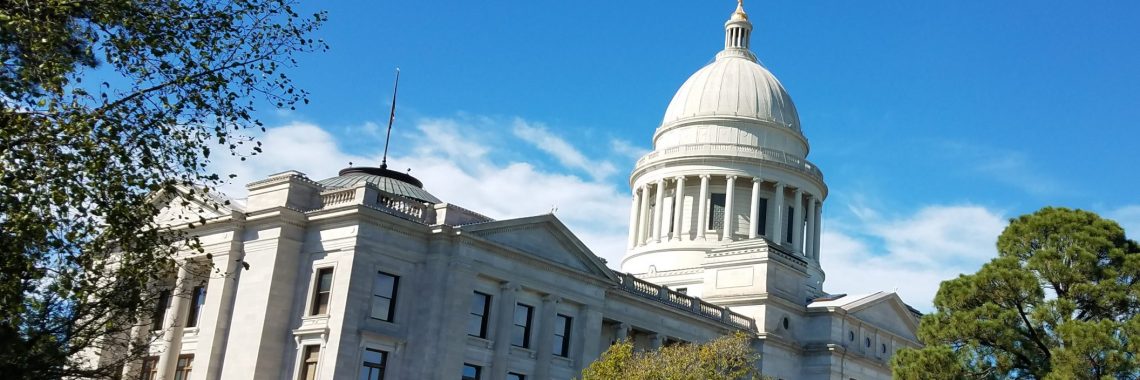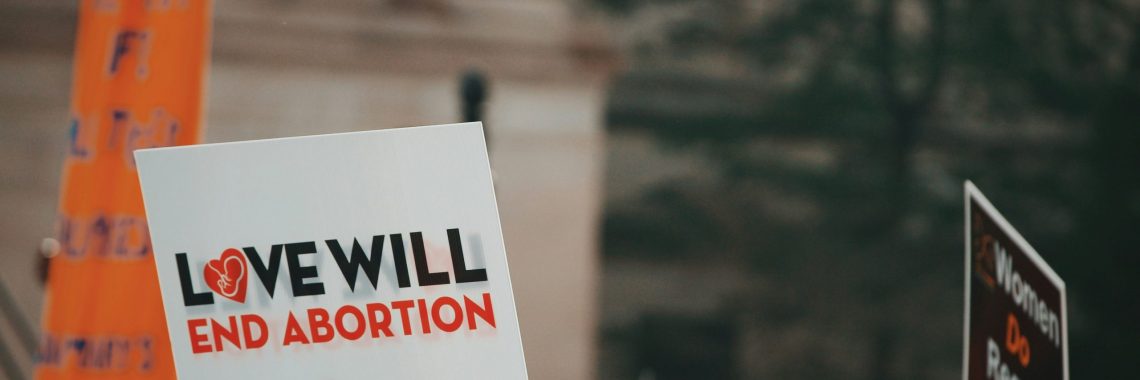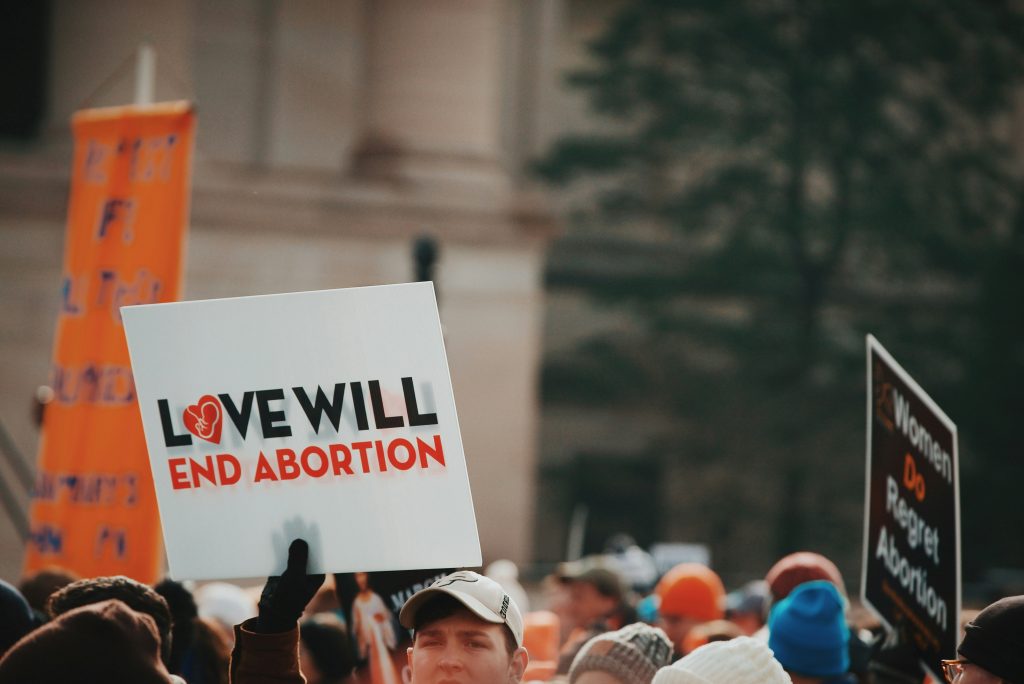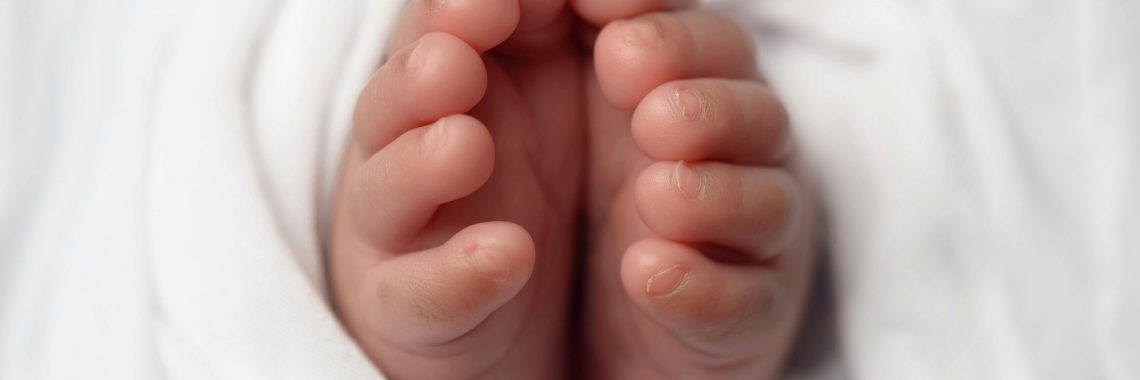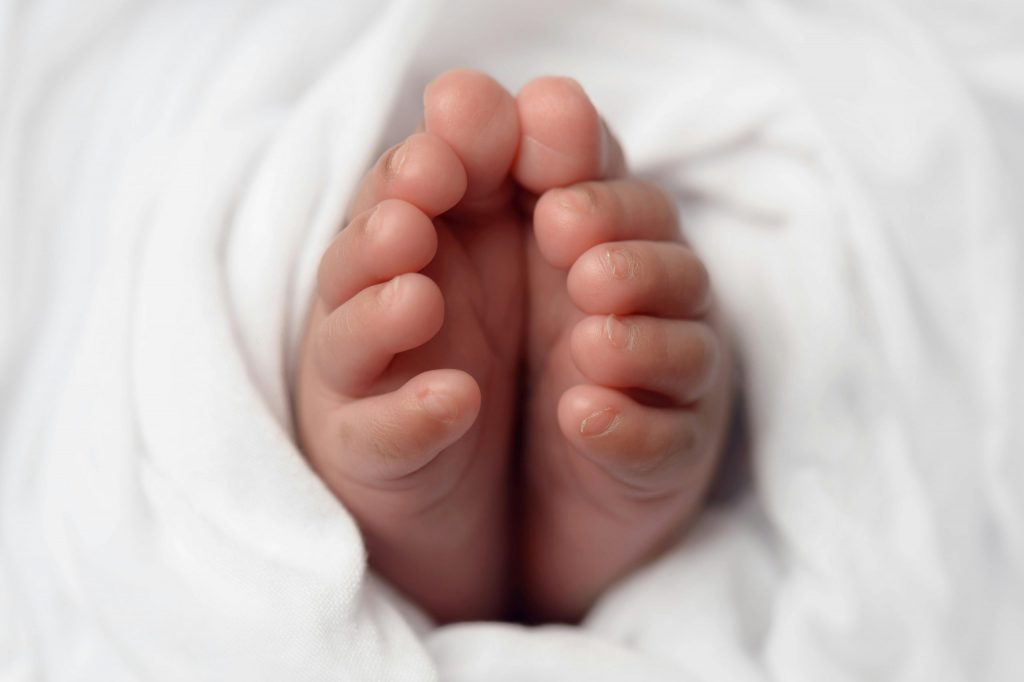Legislation Would Provide $2M for Pregnancy Help Organizations, Address Maternal Health in Arkansas
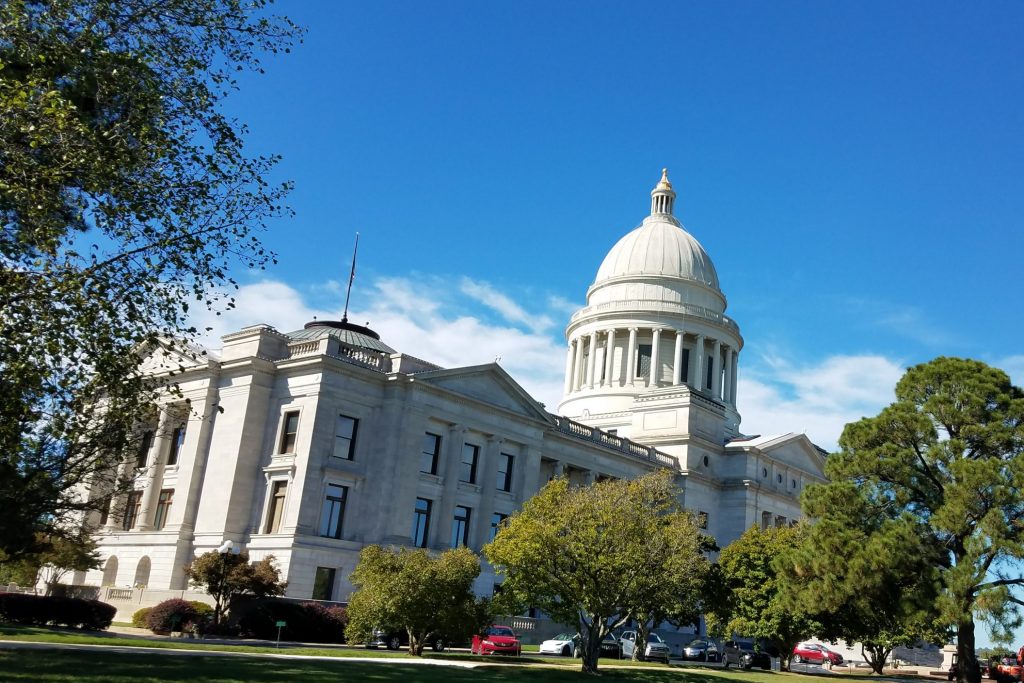
The Arkansas Legislature’s 2024 fiscal session is underway, and lawmakers are busy considering budget measures.
On Thursday Sen. John Payton (R – Wilburn) filed S.B. 64 providing $2 million in state funding for pregnancy help organizations that promote maternal health and provide women with options besides abortion. If passed, the measure would provide increased funding for organizations that help women and families.
In 2022 Family Council worked with the legislature and the governor to secure $1 million for pregnancy centers. This funding provided grants to more than 20 pregnancy help organizations. Last year we worked with lawmakers to renew this funding. This grant money has gone to good organizations across the state that give women and families real assistance when faced with an unplanned pregnancy.
S.B. 64 would make improvements to the grant program. It would increase state funding from $1 million per year to $2 million. This would put Arkansas’ funding on parr with other states’.
The bill also clarifies that “pregnancy help organizations” include nonprofit organizations that promote infant and maternal wellness and reduce infant and maternal mortality by:
- Providing nutritional information and/or nutritional counseling;
- Providing prenatal vitamins;
- Providing a list of prenatal medical care options;
- Providing social, emotional, and/or material support; or
- Providing referrals for WIC and community-based nutritional services, including but not limited to food banks, food pantries, and food distribution centers.
The measure includes language preventing state funds from going to abortionists and their affiliates.
Now that abortion is prohibited in Arkansas except to save the life of the mother, we need to support women and families with unplanned pregnancies, and we need to promote infant and maternal wellness. This grant funding does that.
It provides women in Arkansas with actual, pro-life options and support — meaning they are less likely to travel out of state for abortion. And it helps fund pro-life organizations who are promoting infant and maternal wellness in Arkansas.
More than 50 pregnancy help organizations serve thousands of women in Arkansas. S.B. 64 would enable them to do even more in our state.
Articles appearing on this website are written with the aid of Family Council’s researchers and writers.

